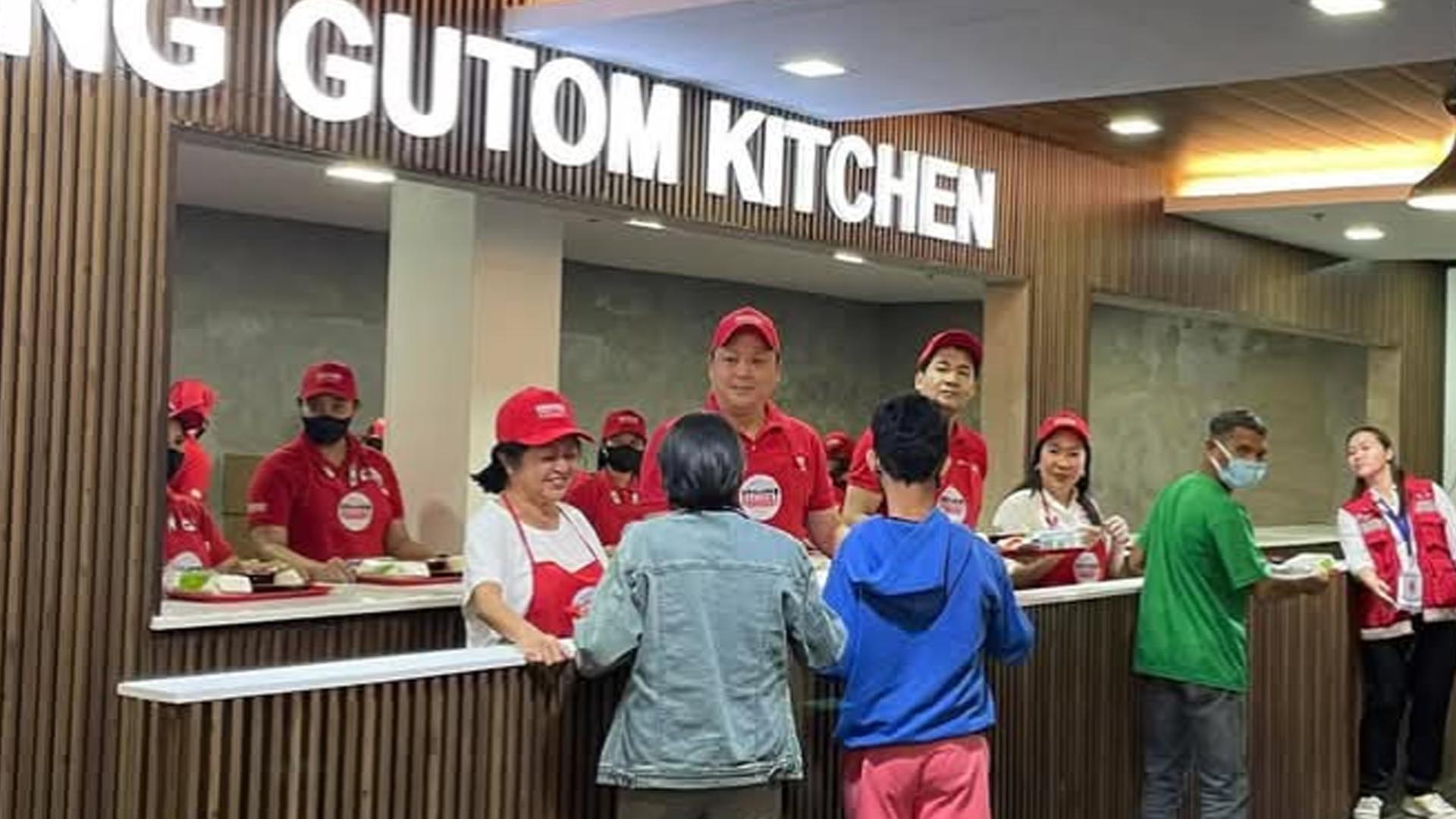More than 10,000 individuals experiencing involuntary hunger have so far been served by the “Walang Gutom” (No Hunger) Kitchen since the Department of Social Welfare and Development (DSWD) launched the initiative last Dec. 16.
At the Saturday News Forum, DSWD Undersecretary Eduardo Punay said the department is planning to scale up the program and expand it in targeted areas in the provinces, possibly within the year.
The Walang Gutom Kitchen in Pasay City is the country’s first public and private food bank collaboration/soup kitchen.
“Anytime, anyone na basta nagugutom. Mayroon din ‘yong mga construction worker na mga low income, walang pambili ng pagkain, ‘yung mga empleyadong low income or residente na walang pambili ng pagkain (Anytime, anyone who is hungry. We also have low-income construction workers, low-income employees or residents who can barely afford food). They can just walk in there,” he said.
Apart from providing meals, Punay said the project also aims to address food wastage, allowing partner restaurants to donate their surplus supplies.
Since it opened, the food bank has attracted about 200 private volunteers to maintain daily operations.
The kitchen targets to provide at least 600 meals a day for breakfast and lunch, or until stocks run out.
Punay assured that the donations and food served at the kitchen are not “pagpag” or disscarded food nor leftovers.
“Our private sector is so proactive, so they produce extra for our beneficiaries. Now, this kitchen, as I said a while ago, is open from 6 a.m. until supply lasts,” he said.
The Walang Gutom Kitchen is the latest innovation of the DSWD aimed at addressing involuntary hunger and reducing food wastage by turning donated surplus food from hotels, restaurants, and organizations into hot and nutritious meals for hungry individuals.
Food Stamp Program
In the same forum, Punay said the Marcos administration continues to address food poverty in the country through similar initiatives, including the Walang Gutom 2027: Food Stamp Program (FSP).
The Walang Gutom Program, which was institutionalized as the government’s flagship anti-hunger program through Executive Order 44, and the FSP were pilot-tested in 2023 with 2,000 household beneficiaries across the country.
Fully rolled out in 2024, the FSP has onboarded 300,000 beneficiaries, with the planned expansion for another 300,000 pushing through this year.
“Kami po ay naniniwala sa DSWD na ang food is a basic and fundamental right na hindi na kailangan magtalo-talo tayo kung bibigyan ba natin ng pagkain ang isang pamilya na nagugutom (We at the DSWD believe that food is a basic and fundamental right that we don’t have to argue whether we need to provide them food or not),” he said. “It’s our obligation to provide food to them because it’s a basic and fundamental right.”
Under the FSP, the government provides PHP3,000 worth of food credits to food-poor Filipinos through Electronic Benefit Transfer cards, which can be used to purchase select food commodities from eligible partner merchant stores.
The program also promotes social and behavioral change among food-poor families by teaching them how to prepare nutritious, delicious and affordable meals. (PNA)









